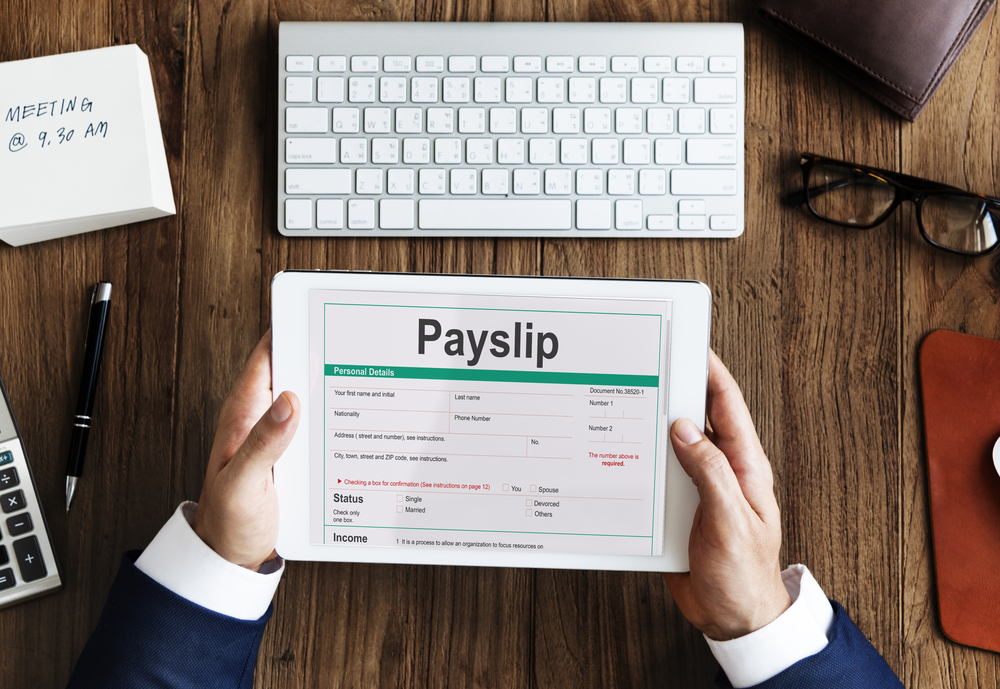Since 2011, the Spanish Supreme Court’s position, reflected in the judgment handed down on December 22 that year, has been to hold that salary receipts, i.e. pay statements, should be delivered on paper. The court’s view was that this transpires from article 29.1 of the Workers’ Statute (“Salary documentation shall be provided by delivering an individual receipt to the employee which justifies payment of same”) and also from the Ministerial Order of December 27, 1994, which requires that employees be given a duplicate of the receipt.
However, in a recent decision, handed down on December 1, 2016, the Supreme Court has changed its view and now validates the possibility of companies delivering their pay statements electronically and not on paper. The arguments given are as follows:
- Delivering an electronic receipt meets the purpose of delivering a copy of the salary receipt to the employee, since there are no requirements in applicable provisions as regards the specific format in which pay statements should be delivered to employees. That is, the employee must be given a receipt justifying payment of his/her salary, in the standard form approved by the Ministry of Employment, but it does not establish the medium on which it must be delivered.
In this regard, the Court clarifies that from a regulatory standpoint, it could appear that the pay statement must be delivered on paper, in light of article 2 of the Order of December 27, 1994: “The salary receipt shall be signed by the employee when a duplicate of same is provided to the employee and he/she is paid in legal tender with a bank check, the amounts resulting from the settlement. Signature of the receipt will constitute evidence that the employee has received the amounts in question, without implying that he/she is in agreement with same”.
However, the Supreme Court argues that this provision is refuted by the very next subarticle 2 of the provision: “When payment is made through a bank transfer, the employer will deliver a duplicate of the receipt to the employee without obtaining his/her signature, which will be considered to be replaced, for the purposes envisaged in the previous section, by the proof of payment issued by the bank”.
- The Supreme Court also denies that providing the pay statement on paper adversely affects or is a nuisance for the employee, stating that “It cannot be considered onerous for the employee, since if he/she requires a copy of the pay statement on paper, all he/she needs to do is print it out which simply takes a few seconds”;
- Finally, with express reference to the decision issued in 2011, the Supreme Court justifies its change of opinion on the basis of the time that has passed since said ruling was handed down and the widespread use of IT equipment instead of paper to store and notify information, documents or decisions, which is used extensively both in the private and public sector.
The Supreme Court’s view undoubtedly involves a step forward in modernizing and bringing labor legislation into line with the times and also implementing technology in the field of employment relations.
Garrigues Labor and Employment Law Department






